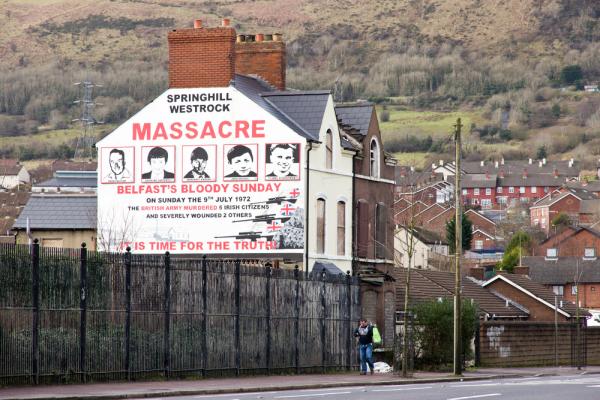Jan 31, 2017
When our desire for security is so great that it diminishes our humanity and our capacity, or willingness, to see the world through the eyes of another, we lose a precious part of who we were designed to be. Our hearts are hardened, calcified.
Read the Full Article

Already a subscriber? Login
